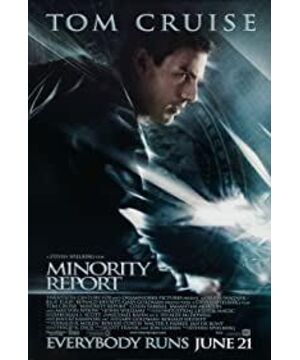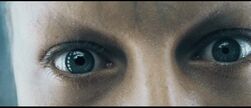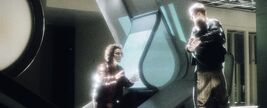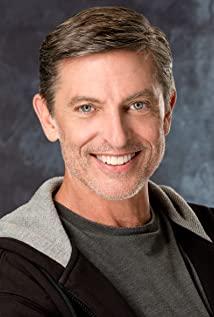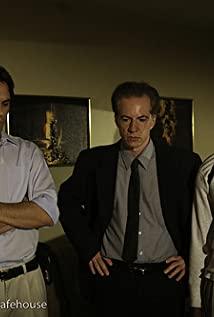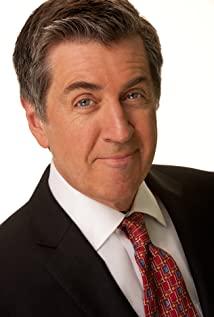850 days ago, I marked a want to watch and remarked: "Recognition of Modern Movies". However, I don’t remember what monograms I saw at the time... (So what is a modern movie...?
First of all, Spielberg, the director of the well-known Hollywood visual effects master commercial film, can get a glimpse of the film style in a simple and crude manner. The overall structure of the film is intertwined, but it can’t be called gradual, because there is really a bit of toothpaste-like causal superposition, which may be understandable to the public, but it is still a bit of suspicion. For ambitious films, the positioning should still be slightly higher.
The rhythm of the opening is very fast, and a "last-second rescue" comes up, using a miniature event to explain the film's future settings, and through the mouths of the arrested personnel to shout the philosophical question of the film: whether the future that has not yet occurred is future. Very interesting. The answers to the answers are different in different situations of the same person. This involves the question of human rights, as if it is called human rights only when you need it, but not for others, and the value of human rights lies in Its universality, the equal rights of men. Under its established framework, this predicted that the so-called trend will occur, depriving criminals of the right to defend themselves, including the trial of modern law, and directly imprisoned. It can be said that this is a stifling of human rights.
In addition, the image of "prophets" created in the film replaces the identity of gods with human identities. First of all, as human beings, on what basis can determine the fate of other people, although it is in line with the logic that they think, they also constitute a metaphor for dictatorship, that is, they are noble and perfect. Wrong. The film later proved their flaws, which are the characteristics common to all dictatorships. Secondly, on the one hand, these "prophets" are humans, but their bodies are not free. It is also a kind of strangulation of human rights. They are humans, but they have lost their human rights and are put under house arrest. On the other hand, as “gods”, whether they are willing to become “gods” or not, the existence of gods is regarded as wishful thinking by people. Perhaps gods have long wanted to do it. There is a sense of resistance to religious theology.
The philosophical question raised by the film is a bit fatalistic in it. Unfortunately, the film breaks this argument and turns it into the core socialist values of "it depends on human beings." Well, this is your story. If you want to say that, I can't help you, but you have closed the logic anyway, so I will list the logic problems.
1) So why is John not blind in his left eye?
2) John’s first shot was shot, but the time was missed, so the previous prediction has actually been broken. Even if the scene is similar, it is not the same prediction. Maybe the film wants to express "you still have choices." "Things are man-made", but so far the film still conveys a sense of powerlessness in the face of fate. After all, you can't kill because I am two seconds late to show that I have changed my destiny, right? Instead of doing this, plus the possibility of plot reversal later, it is better to close this fatalistic reincarnation.
3) In order to prevent the murder from being seen by the prophet, the old man worked hard to kill Anna after strenuous efforts. How could he kill the detective so easily? He didn't worry about it...
4) The final prediction of the film, the murder scene is completely wrong. And John and the old man met without knowing the prophecy. In a sense, they fell into Schrodinger’s cat theory, and the old man didn’t know what he would do in a few minutes. Here Once again a paradox is formed. Is the thing you are about to decide to do count as something you decide to do after you already know it? After all, the decision of the old man who will shoot and kill still lies with the old man himself. The suicide of the old man is actually the real future, because it is not external forces that change him. The ending of the old man’s suicide seems to confirm the view that the film can be changed in the future, but in reality it is illogical and a bit of an imposed treatment.
In the end, the ending is too warm to cause discomfort. Why can the big villain die if two divorced people can remarry and give birth? The matter of love is such a straightforward causal relationship. How can life be so smooth.
View more about Minority Report reviews


